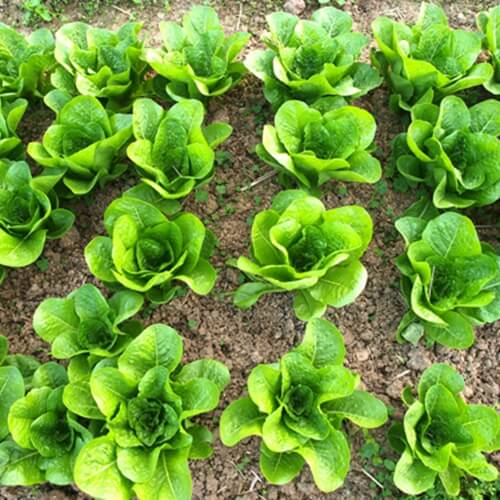Prison gardens teach inmates valuable skills
There is a growing movement across the country to establish gardening programs in prisons. Already, institutions such as San Quentin State Prison, Cook County Jail, Rikers Island and Woodbourne Correctional Facility have developed thriving gardens that not only teach inmates relevant gardening skills but also produce large quantities of fresh fruits and vegetables for the prison as well as surrounding food pantries and restaurants.
Gardening inside and out
The Insight Garden Program focuses on the therapeutic effects of maintaining a garden. Through a mixture of what they call inner and outer gardening, the Insight staff members focus on prisoner rehabilitation, giving them the tools they need to be successful when they leave prison.
Inner gardening combines a mixture of meditation and group therapy to have inmates tend to the gardens of their minds and souls. This metaphorical gardening asks participants to “weed out” the negative aspects of their emotional lives and begin to nurture positive traits.
Such inner gardening practices are then brought to the outer flower and vegetable gardens to teach prisoners about soil composition, pruning practices and other basic gardening skills. Those who complete the program are granted a Master Gardener degree, demonstrating that they have the capabilities to continue their work on the outside. In fact, IGP itself has hired 10 inmates to work on gardening programs full time after their release.
Food for the community
Prison garden programs have been extremely successful not only at prisoner rehabilitation but also in terms of food production. Vegetable gardens in prisons across the state of Missouri produced a yearly total of 163 tons of donated food in 2013 alone. All this produce was donated to local food pantries, shelters, school districts and churches as part of the state’s restorative justice program.
At Chicago’s Cook County Jail, a farm program that has been going strong for the last 20 years sells restaurant-quality produce to upscale establishments in the city. While much of the food is still donated to charities, the opportunity to sell some of the produce to restaurants gives inmates the opportunity to learn about what it takes to be a restaurant supplier. In a market where diners are demanding menus that feature farm-fresh produce, knowing how to keep up with restaurant supply is a valuable skill for these inmates to have. While it certainly isn’t your typical online cooking school, participants are granted a degree from the University of Illinois Extension upon completion of the program.


